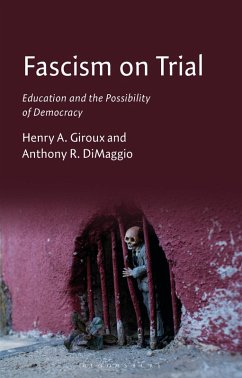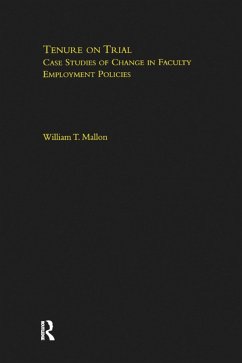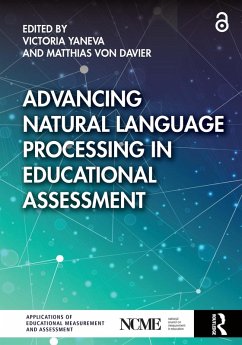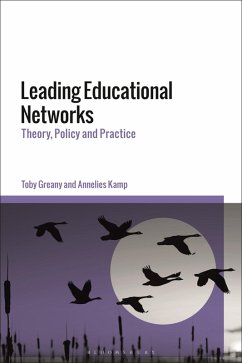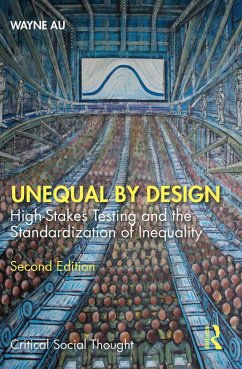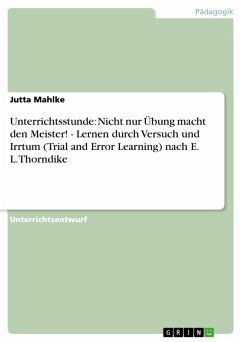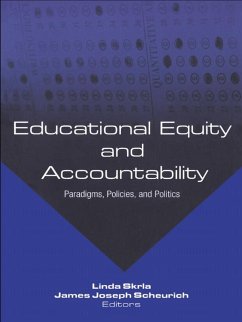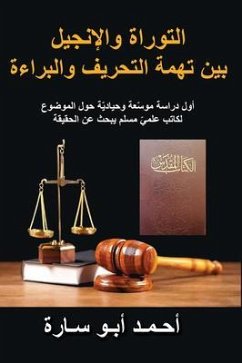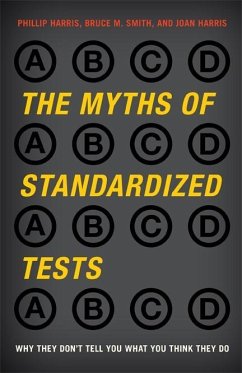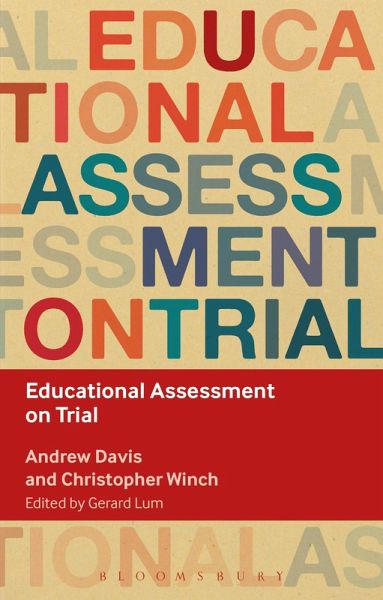
Educational Assessment on Trial (eBook, ePUB)
Versandkostenfrei!
Sofort per Download lieferbar
23,95 €
inkl. MwSt.
Weitere Ausgaben:

PAYBACK Punkte
12 °P sammeln!
What purpose does educational assessment serve? Are the same instruments suitable for different purposes? How much trust can we place upon the outcomes of educational assessment? The subject of educational assessment is much discussed and much misunderstood. Policymakers assert its importance to quality in education and its essential role in ensuring accountability for public education, and the results of educational assessment are thought to be of such vital interest to society that they are often made public knowledge. This approachable text explores the philosophical issues underlying these...
What purpose does educational assessment serve? Are the same instruments suitable for different purposes? How much trust can we place upon the outcomes of educational assessment? The subject of educational assessment is much discussed and much misunderstood. Policymakers assert its importance to quality in education and its essential role in ensuring accountability for public education, and the results of educational assessment are thought to be of such vital interest to society that they are often made public knowledge. This approachable text explores the philosophical issues underlying these debates and how they impact on public educational policy. Two leading educators well-known for their work on educational assessment offer different perspectives on the value of exams and tests for a flourishing system of education, while the editor, Gerard Lum, comments on the strengths and weaknesses of the arguments.




